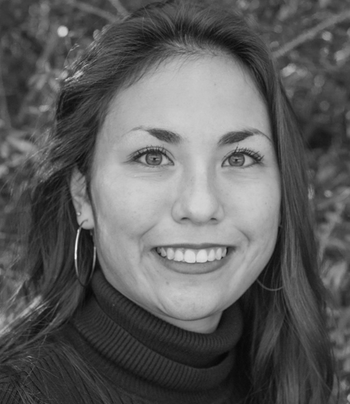Federal judge: Always using biological pronouns 'not protected under the First Amendment'
The lawsuit stemmed from a classroom incident in which a professor said calling a student by their preferred pronoun violated his religious beliefs.
A professor's lawsuit over gender pronouns has been dismissed.
A Shawnee State University philosophy professor’s lawsuit over the pronoun he used to address a student has been dismissed.
Professor Nicholas Meriwether, a “professed Evangelical Christian”, was confronted in January 2018 by student Alena Bruening. Bruening identified as a transgender female and wanted to be addressed by the pronouns she/her/hers. When Meriwether refused to abide by the request, the lawsuit claims, Bruening “became belligerent” and said, “well I guess that means I can call you a c**t.”
Meriwether reported the incident to Dean of Students Mark Scott and Acting Dean of the College of Arts and Sciences Roberta Milliken. He said he could compromise by addressing Bruening by the student’s last name. Bruening threatened to launch a Title IX lawsuit in late January before which time the two had agreed that the professor would address the student by his last name. According to the lawsuit, “Meriwether has referred to all students in his classes by their last names and a title (i.e., ‘Mr.,’ ‘Ms.,’ ‘Mrs.,’ ‘Miss’) and as ‘sir’ or ‘ma’am.’”
[RELATED: Georgetown prof: Judgments of gender identities are ‘not biology’]
”Dr. Meriwether has always used the titles and pronouns that refer to a student’s biological gender. Dr. Meriwether has never knowingly used feminine titles and pronouns to refer to men or masculine titles and pronouns to refer to women. Dr. Meriwether refers to students in this fashion to foster an atmosphere of seriousness and mutual respect that is befitting the college classroom,” the suit adds.
Meriwether told Milliken he could call Bruening by his name like all his other students, but “was not willing to refer to Bruening as a woman.”
The college then launched an investigation, which concluded that Meriwether had broken the school’s “nondiscriminatory policy” and had “created a hostile environment for Bruening.” The warning was officially issued June 22.
The conservative legal nonprofit Alliance Defending Freedom filed a lawsuit in November 2018 against Shawnee State U for “punishing” Meriwether in “expressing views that differ from its own orthodoxy and for declining to express its mandated ideological message.”
Judge Susan Dlott of the U.S District Court sided with SSU on February 12, saying Meriwether “was not protected under the First Amendment.”
[RELATED: Prof sues over gender pronoun usage]
SSU spokeswoman for Elizabeth Blevins told Campus Reform in an emailed statement that the college is satisfied with the court ruling.
“We are pleased with the District Court’s ruling to dismiss the case. We remain committed to providing a work and educational environment that is respectful of individual beliefs and free from discrimination,” Blevins said.
The ADF and Meriwether say otherwise.
“This is wrong. Public universities have no business compelling people to express ideological beliefs that they don’t hold. And we are currently evaluating our next steps with our client in ensuring that these basic principles are respected,” ADF’s Travis Barham told Campus Reform.
[RELATED: Ohio univ: Gender pronoun usage is not free speech]
Meriwether said, “I found the district court’s ruling both disappointing and troubling. I make it a point to treat all my students with dignity and respect, and so I proposed multiple ways to accommodate this student that would not have required me to compromise my beliefs. I encourage my students to express their political and religious views, and professors should have the same freedom.
Meriwether plans to appeal the case.
“But the University insisted that I endorse an ideology I do not believe is true. This is simply wrong. True tolerance must be a two-way street. Now the district court suggests that professors have no free speech rights, which should trouble us all,” Meriweather said.
”Public universities have no business compelling people to express ideological beliefs that they do not hold. But the court’s decision opens the door for them to shift from being a marketplace of ideas to an assembly line for one type of thought,” he added.
Follow the author of this article on Twitter: @corkery_mrose

